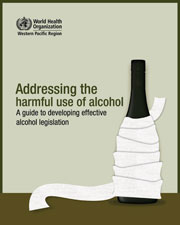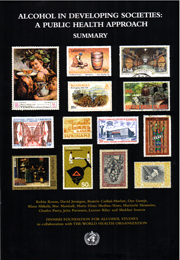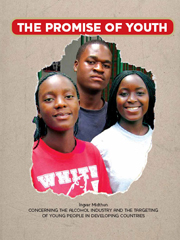
African women are non-drinkers
81 per cent of African women report themselves to be non-drinkers, says data from the World Health Surveys. This is an important fact to take into account in planning of alcohol prevention strategies and policies.
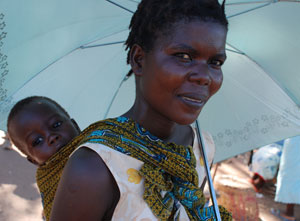
Four researchers – Priscilla Martinez, Jo Røislien, Nirmala Naidoo and Thomas Clausen – have analyzed the data from the WHO survey and presented their results in an article published in BioMed Central. They point to the fact that “Alcohol use is an important factor in any woman’s health risk profile. Harmful patterns of alcohol consumption are strongly associated with increased morbidity and mortality”.
The conclusions of the article are: “A variety of drinking patterns are present among African women with lifetime abstention the most common. Countries with hazardous consumption patterns require serious attention to mitigate alcohol-related harm. Some similarities in factors related to alcohol use can be identified between different African countries, although these are limited and highlight the contextual diversity of female drinking in Africa”.
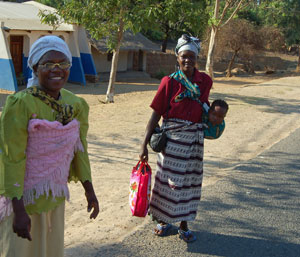
At the same time the researchers sound a warning bell related to female drinking: “This effort would be particularly relevant and timely given the current expansion of the alcohol industry in Africa. Women are a large portion of the population available for recruitment into regular drinking and will also benefit from improved economic situations, creating a ‘perfect storm’ for an increase in alcohol use and related harm. Such circumstances and increases in hazardous drinking among women have already been observed in Brazil and India”.
(Photos: Eli Gunnvor Grønsdal (above) and Dag Endal left))
![]()
![]()
Developed with CustomPublish CMS by Nettinfo AS

